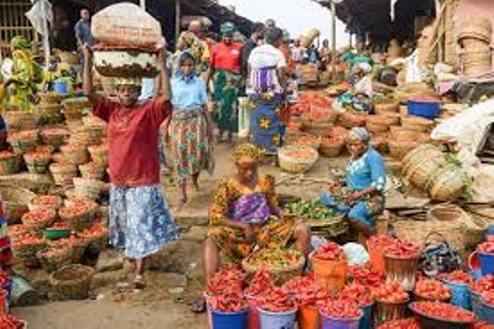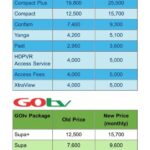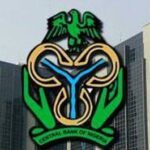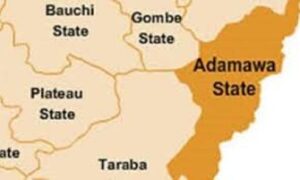Nigeria Economy Exits Recession But Inflation Continue To Soar

LAGOS FEBRUARY 19TH (NEWSRANGERS)-Nigeria’s economy exited recession in the fourth quarter of 2020, recording its first growth in three quarters as coronavirus-linked lockdown was lifted across the country, the National Bureau of Statistics said in a report Thursday.
The report said Gross Domestic Product (GDP) grew 0.11 per cent in the three months between October and December from a year earlier.
The economy slipped into recession in the third quarter of 2020 with a decline of 3.6 per cent, having contracted 6.1 per cent in the second quarter, leading to Nigeria’s second recession in five years.
For the full year 2020, the economy contracted 1.92 per cent, better than the International Monetary Fund projection.
The NBS said Thursday that although the growth was weak, it reflects the gradual return of economic activities following the easing of restricted movements and limited local and international commercial activities in the preceding quarters.
“As a result, while the Q4 2020 growth rate was lower than growth rate recorded the previous year by –2.44% points, it was higher by 3.74% points compared to Q3 2020,” the NBS said.
On a quarter on quarter basis, real GDP growth was 9.68% indicating a second positive consecutive quarter on quarter real growth rate in 2020 after two negative quarters.
However, overall in 2020, the annual growth of real GDP was estimated at –1.92%, a decline of –4.20% points when compared to the 2.27% recorded in 2019.
Inflation
Meanwhile, despite wobbling out of recession, Nigeria’s headline inflation rose to 16.47 per cent in January 2021 while food inflation also rose to 20.57 per cent, from 19.56 per cent in December, according to a report by the statistics bureau earlier on Tuesday.
Inflation soared at 15.75 per cent in December, its highest level in 32 months, with the 0.86 per cent month-on-month increase marking the 16th consecutive month inflation would increase in Nigeria.
Earlier in November, it touched 14.89 per cent.
By implication, despite staggering out of recession, there will be sustained inflationary pressures on consumers’ purchasing power in the coming months.
Nigeria announced a shutdown of its porous land borders with neighbouring countries in October 2019, in a move seeking to spur local production of food as well as curb smuggling and other cross-border corrupt practices.
The move however affected food prices, analysts said.
Growth Rate
The NBS said Thursday that in the fourth quarter of 2020, aggregate GDP stood at N43,564,006.29 million in nominal terms, a higher performance when compared to the fourth quarter of 2019 which recorded a GDP aggregate of N39,577,340.04 million.
This represents a year on year nominal growth rate of 10.07%.
For clarity, the NBS said the Nigerian economy was divided into the oil and non-oil sector.
In the fourth quarter of 2020, an average daily oil production of 1.56 million barrels per day (mbpd) was recorded. This was lower than the daily average production of 2.00mbpd recorded in the same quarter of 2019 by -0.44mbpd, and the third quarter of 2020 by –0.11mbpd.
The non-oil sector on its part grew by 1.69% in real terms in Q4 2020, the NBS said.
This is slower than the 2.26% recorded in the corresponding quarter of 2019, but better than the –2.51% growth rate recorded in the preceding quarter.
For the full year of 2020 however, the non-oil sector grew –1.25% compared to 2.06% in 2019, the report said.
Premium Times
Short URL: https://newsrangers.com/?p=65936































